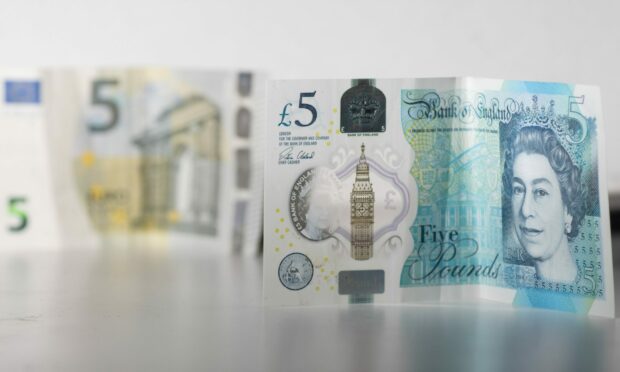Inflation nudged lower last month due to restaurants and bars being able to charge full price for their offerings, the official statistics show.
Comparing September this year to the same month last year, we were eating out rather than enjoying a bargain through the Chancellor of the Exchequer’s Eat Out to Help Out scheme.
The Office for National Statistics (ONS) said Consumer Prices Index (CPI) inflation fell to 3.1% in September from 3.2% in August.
However the slight decline masks rising fuel and transport costs which have been a persistent aspect of rising costs, driven by shortages and demand.
Dip just a blip?
Suren Thiru, head of economics at the British Chambers of Commerce (BCC), said the dip was temporary and likely to be reversed as higher energy prices and taxes add to the cost burden on citizens and businesses. He estimates the rate will rise above 4% by Christmas.
He said: “September’s dip in inflation reflects temporary data distortions rather than the reality on the ground.
“The slowdown was largely due to strong base effects caused by dining out costing less last month in comparison with September 2020, when prices increased following the end of the Eat Out to Help Out scheme.
“A renewed inflationary surge is expected in the coming months with the increase in the energy price cap, partial reversal of the VAT reductions for hospitality & tourism and persistent supply chain disruption. This is likely to push inflation above 4% by the end of 2021.”
Hold the line on interest rates
He highlighted how inflation could dampen economic recovery but urged the Bank of England to “hold its nerve” by not raising interest rates – and for the UK government to resist the temptation to whack businesses with higher taxes of costs.
“Rising inflation could disrupt UK’s economic recovery by eroding consumers’ spending power and squeezing firms profit margins and ability to invest,” he said.
“While inflation is uncomfortably high, the Bank of England must hold its nerve on interest rates. Raising rates at a time of escalating cost pressures and looming tax rises would severely undermine an already fragile recovery.
“Although global price fluctuations aren’t typically something in the UK government’s direct control, more needs to be done to help businesses keep costs down and stay competitive.
“This should include a moratorium on all policy measures that increase upfront business costs for the remainder of this parliament.”
“Some relief”
Kitty Ussher, chief economist at the Institute of Directors (IoD), said the decline will bring “some relief” to those who are concerned about the effects of rising inflation and the potential for the Old Lady of Threadneedle Street to raise interest rates to cool it.
She said: “The annual inflation rate for September 2021 continues to be affected by the pandemic measures undertaken a year earlier, notably the unwinding of the ‘Eat Out to Help Out’ scheme that depressed hospitality prices in August 2020.
“However, we can also see the very particular pressures in the fuel sector that were experienced last month, with for example a 49% annual rise in the cost of liquid fuels within the overall basket of annual purchases.
“Today’s data will bring some relief to businesses concerned that inflation might have been accelerating; looking forwards the Bank of England will want to make a judgement as to whether the ending of the furlough scheme in September is bringing greater capacity into the economy or whether a monetary tightening is needed to curb future inflation expectations.”
